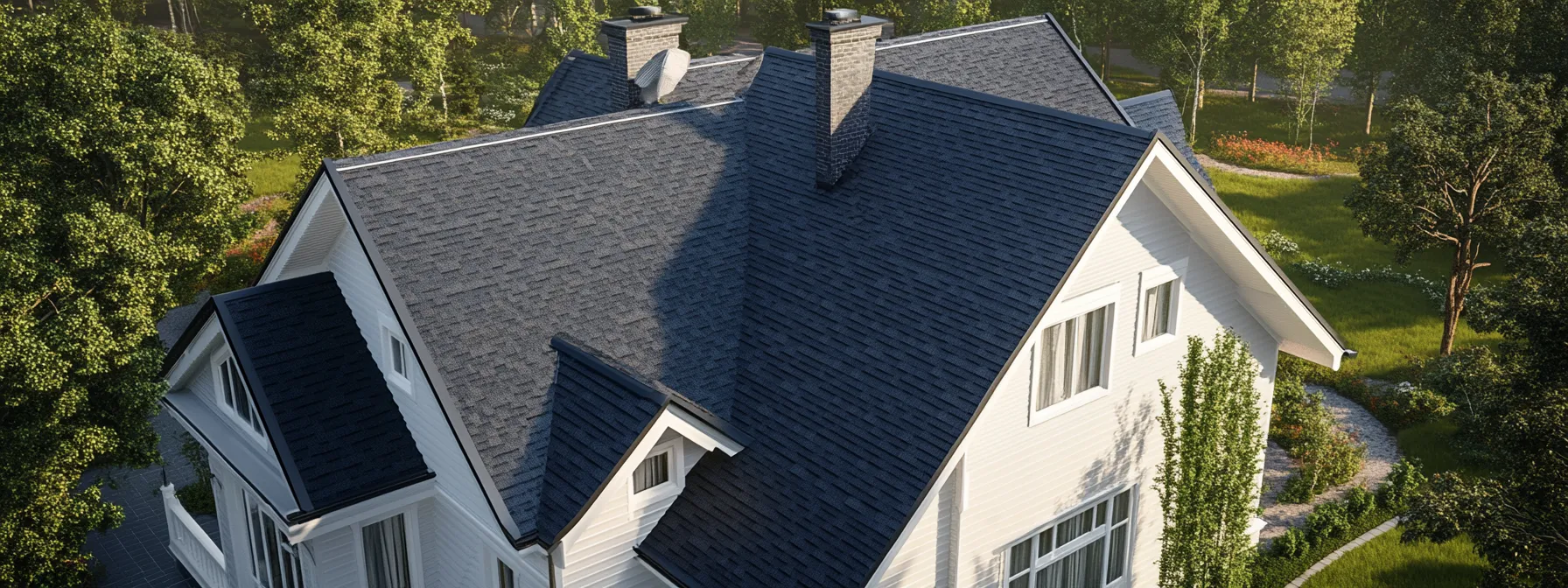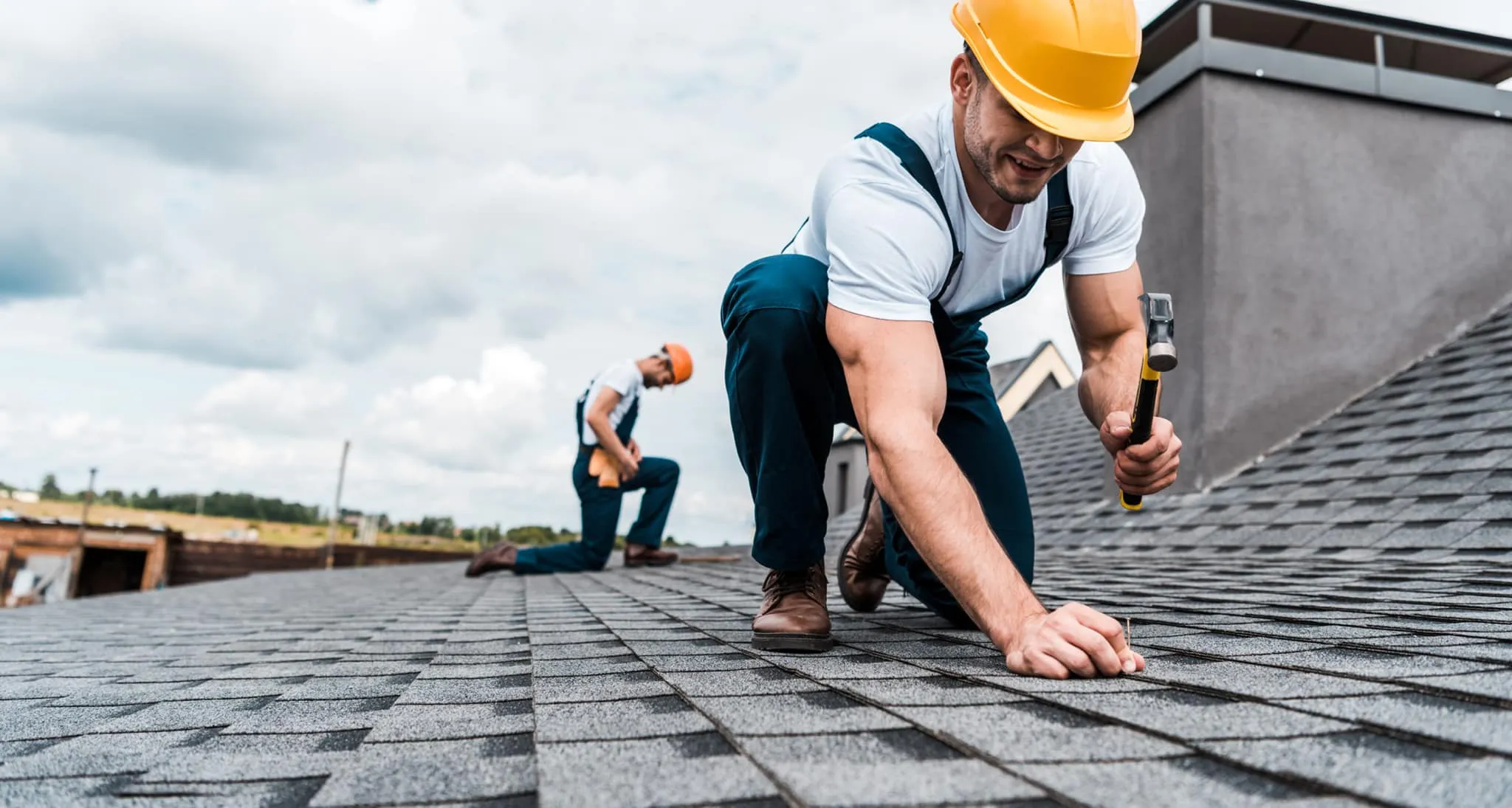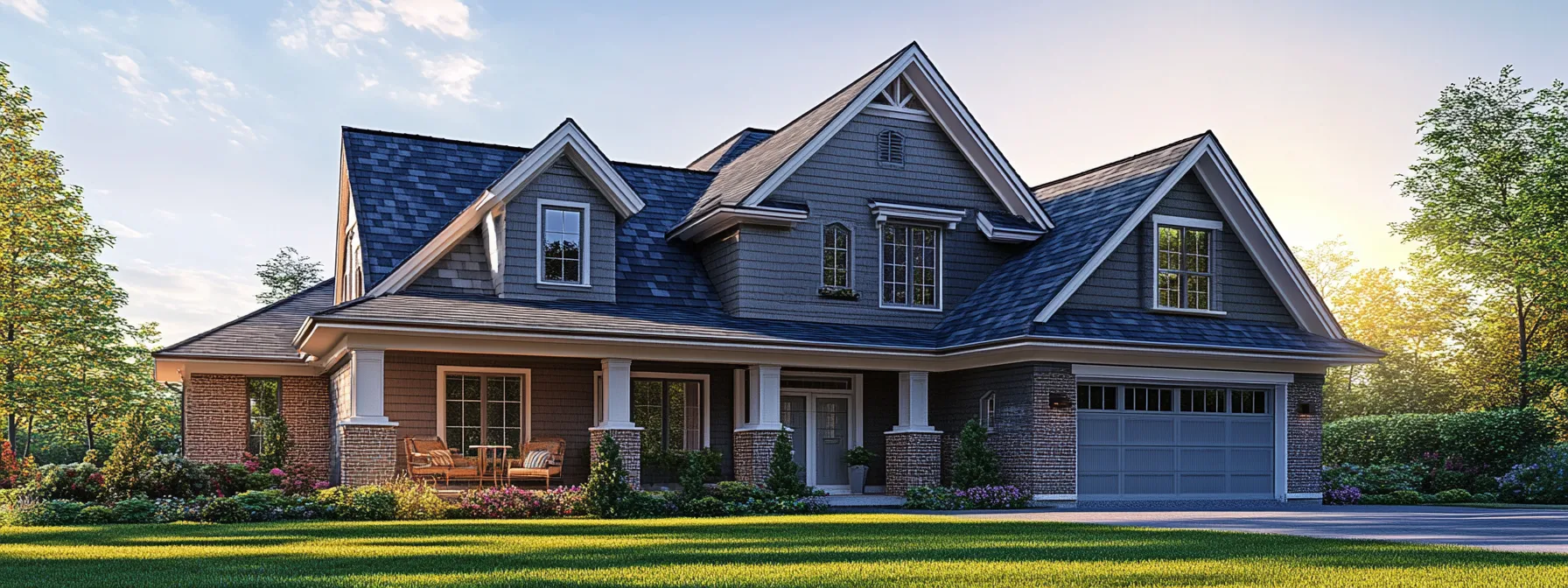Maryland Roofing Regulations for Homeowners: What You Need to Know
September 8, 2025
•
Written By
Goldstone Contracting INC.

Replacing or repairing your roof isn’t just about shingles and nails—it’s also about following the rules. Maryland has roofing regulations designed to protect homeowners, ensure contractor accountability, and keep neighborhoods safe. Ignore them, and you might face fines, delays, or even safety hazards.
If you’re planning a roofing project in Montgomery County (or anywhere in Maryland), here’s what you need to know before you climb that ladder or sign that contract.
Licensing Requirements for Roofing Contractors in Maryland
In Maryland, roofing isn’t a free-for-all. Contractors must be licensed by the Maryland Home Improvement Commission (MHIC).
- Why it matters: MHIC ensures contractors are insured, bonded, and qualified to perform roofing work.
- What to check: Always ask for your contractor’s MHIC license number and verify it on the state’s website.
- Red flag: If a roofer hesitates to provide proof of licensing, look elsewhere.
Working with a licensed contractor protects you from liability and ensures your project meets state standards.
Building Permits for Roofing in Maryland
Do you need a permit for roofing work in Maryland? The short answer: usually, yes.
- Roof replacement: Most counties, including Montgomery County, require a permit for full replacements.
- Minor repairs: Small repairs (like replacing a few shingles) may not need one—but always confirm with your county office.
- Why it matters: Permits ensure work complies with local building codes and passes inspection.
Skipping permits can create headaches if you sell your home—buyers and inspectors will want proof that your roof meets code.
Maryland Building Codes for Roofing
Maryland follows the International Residential Code (IRC) with state-specific amendments. For homeowners, this means:
- Wind resistance requirements: Roofs must meet standards for withstanding local wind speeds, especially in coastal areas.
- Fire ratings: Roofing materials must meet fire resistance standards to protect homes.
- Underlayment rules: Ice and water shield barriers may be required in certain areas.
- Ventilation standards: Adequate attic ventilation is mandated to prevent moisture buildup.
Your contractor should be familiar with these codes—but it’s smart for you to know the basics, too.
HOA and Neighborhood Restrictions
Even if you meet state regulations, your Homeowners Association (HOA) may have additional rules.
- Material restrictions: Some HOAs limit roofing materials to maintain uniformity.
- Color rules: Believe it or not, certain colors may not be allowed.
- Approval process: Most HOAs require submitting plans before work begins.
Always double-check HOA requirements to avoid fines or being forced to redo work.
Insurance Requirements in Maryland Roofing
Roofing projects come with risks, so insurance is non-negotiable. Maryland regulations require contractors to carry:
- General liability insurance: Covers property damage or injuries.
- Workers’ compensation insurance: Protects workers and homeowners if accidents occur.
As a homeowner, you should also check your home insurance policy—some require documentation that roofing work was done by a licensed contractor.
Environmental and Safety Regulations
Maryland has specific environmental and safety rules tied to roofing:
- Asbestos removal: If your old roof contains asbestos, it must be removed by licensed professionals.
- Stormwater management: Roofing projects must comply with state stormwater runoff regulations.
- OSHA standards: Contractors must follow Occupational Safety and Health Administration rules to keep worksites safe.
Consequences of Ignoring Roofing Regulations
Think skipping permits or using an unlicensed roofer saves time? Think again. Here’s what can happen:
- Fines from local governments
- Failed inspections, leading to costly rework
- Voided insurance claims if damage occurs
- Lower resale value or difficulty selling your home
- Safety hazards for your family
Compliance isn’t just red tape—it’s protection.
How to Stay Compliant as a Homeowner
Here’s your step-by-step checklist for smooth sailing:
- Hire an MHIC-licensed contractor
- Verify insurance coverage
- Check county permit requirements
- Confirm HOA approvals
- Request copies of all permits and inspections
When in doubt, ask your contractor—they should guide you through the process.
Why Work with a Local Maryland Contractor
Every state has its quirks, and Maryland is no exception. Local companies like Goldstone Contracting, INC. know:
- Which permits Montgomery County requires
- How to navigate HOA approvals in Germantown, Rockville, and beyond
- Which materials meet state code for humidity, snow, and storms
- How to avoid project delays by staying compliant from day one
With local expertise, you’ll enjoy peace of mind knowing your roof is both sturdy and regulation-approved.
Frequently Asked Questions
Do I need a permit for roof repairs in Maryland?
Minor repairs may not require a permit, but full replacements almost always do. Check with your county office to be sure.
How do I verify a roofer’s license?
Use the Maryland Department of Labor’s MHIC license lookup tool online.
What happens if my roofer doesn’t follow code?
You could face fines, failed inspections, or have to pay for corrections yourself.
Can I install my own roof without a license?
DIY roofing is risky and not recommended. For insurance and resale purposes, using a licensed contractor is always best.
Does my HOA override county rules?
No—your project must meet both HOA and county/state requirements.
Final Thoughts: Protect Your Home by Following the Rules
Roofing regulations in Maryland may seem overwhelming, but they’re designed to keep you safe and your investment secure. By working with licensed, insured contractors who know the local codes, you’ll avoid headaches, save money, and enjoy a roof that’s built to last.
With Goldstone Contracting, INC., you’ll never have to worry about missed permits or code violations. We handle the details so you can focus on what really matters—enjoying a safe, comfortable home under a strong new roof.
Because the best roof isn’t just one that looks great—it’s one that’s legally and structurally sound, too.
Recent Articles

Residential Gutters
Fall Gutter Maintenance Tips: Prevent Clogs and Damage
As the seasons change, keeping your gutters clear is crucial to prevent costly damage. Our fall gutter maintenance tips will help you stay ahead of clogs and protect your home.
September 15, 2025

Roofing
Maryland Roofing Regulations for Homeowners: What You Need to Know
As a Maryland homeowner, it's crucial to understand the roofing regulations that govern your area. Explore the essential guidelines and requirements to ensure a successful and compliant roofing project.
September 8, 2025

Roofing
Roofing Materials for Humid Climates: Choosing the Right Option
When you live in a humid climate, choosing the right roofing materials is crucial. Explore the top options that can withstand moisture and heat while enhancing your home's energy efficiency.
September 1, 2025

Roofing
Germantown Roofing Company Reviews: Finding the Best Contractor
Searching for a reliable Germantown roofing company? Explore genuine customer reviews to find the best contractor for your home improvement needs.
August 25, 2025
